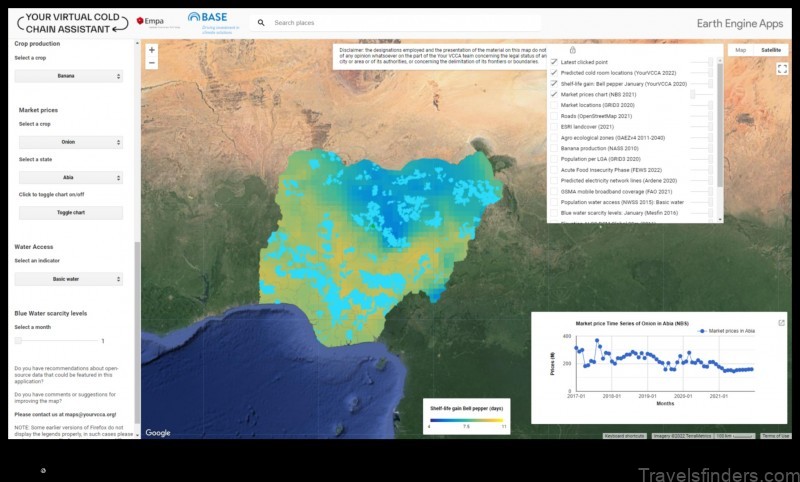The Zika, dengue and chikungunya viruses have had a considerable increase in infected people in Rio de Janeiro and throughout Brazil in recent years.
All three of these diseases are caused by the transmission of the virus by the mosquito Aedes aegypti, which proliferates through spawning in standing water.
The city is concerned with tourists and its residents: Rio is one of the Brazilian cities that suffers most from the Zika virus, and in 2008 it was the biggest epidemic. By 2018 the expectation is a high incidence of cases. And many cities in the state already begin to fight the first mosquitoes, which appear with the arrival of the heat.
Since the 1980s, Rio residents have been living with dengue and are suffering to fight the virus. But now, concern increases, after all, the same mosquito is capable of transmitting two other new diseases (zika, and chikungunya).
Zika in the marvelous city Photo Gallery
The problem, which was once serious, was even more so. The population is calling on the authorities to be able to take action swiftly and effectively to tackle the problem as soon as possible.
Among Cariocas, it is common the amount of stories known by those who have already been victims or know someone who has contracted some of these three viruses.
However, it is important to discuss the issue and, in particular, to inform visitors that the Zika virus in Rio de Janeiro (as everywhere else in the world) is a real risk to the health of the tourist, especially when it comes to pregnant women or plan to get pregnant soon. And is also important share information and tips on how to avoid these diseases, which in practice means learning to fight and avoid the mosquito that transmits them.
Important tips are:
Use mosquito repellen.
Wear clothes that cover feet, heels and legs in mosquito areas.
Knowing how to recognize the symptoms in case of contagion, without paranoia
Although Cariocas have learned to cope with these circumstances, the situation of women who are preparing to get pregnant, and those who are already pregnant, is still considered very worrying in the city, due to the real risk of developing microcephaly for future babies.
It is strongly recommended that pregnant women receive twice as much attention and avoid trips to Rio and other Brazilian cities (and in the world) known to be affected by Zika, dengue and chikungunya cases. This advice is also valid for those women, in Rio de Janeiro or not, who plan to become pregnant in the near future in a few months.
The expectation is that the population of mosquitoes decrease drastically, by direct influence of the cold climate of the city in the winter. Being, according to this point of view, a better time to visit the city.
However, we believe that being well informed about the virus, and especially about the mosquito that transmits it helps the tourist to know how to prevent the contagion and, in case of contamination, how can identify the problem quickly and seek the best kind of treatment .





















